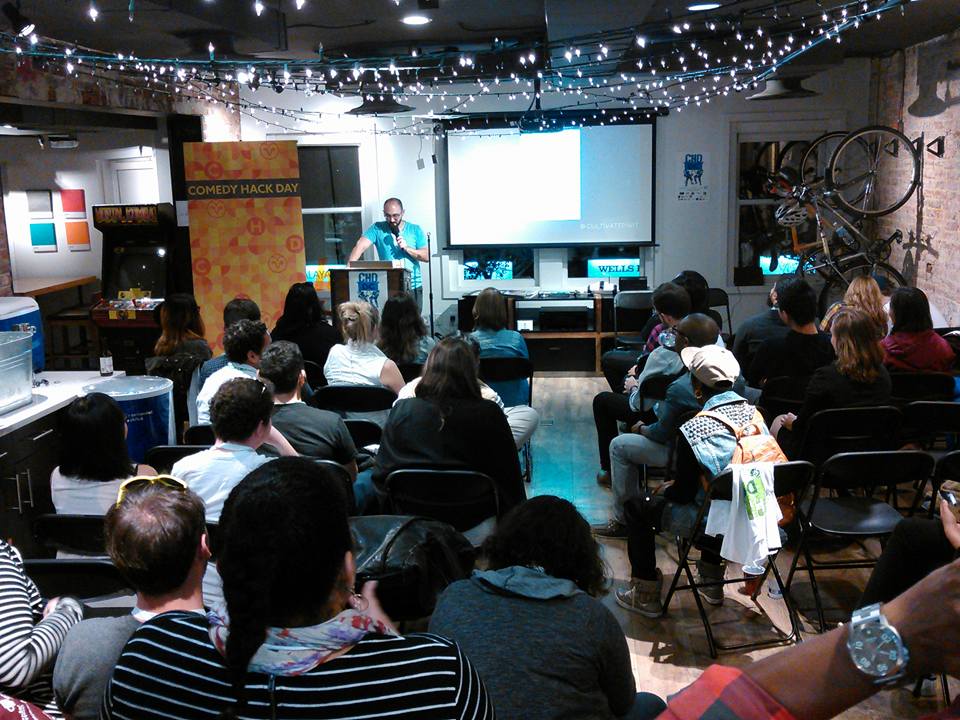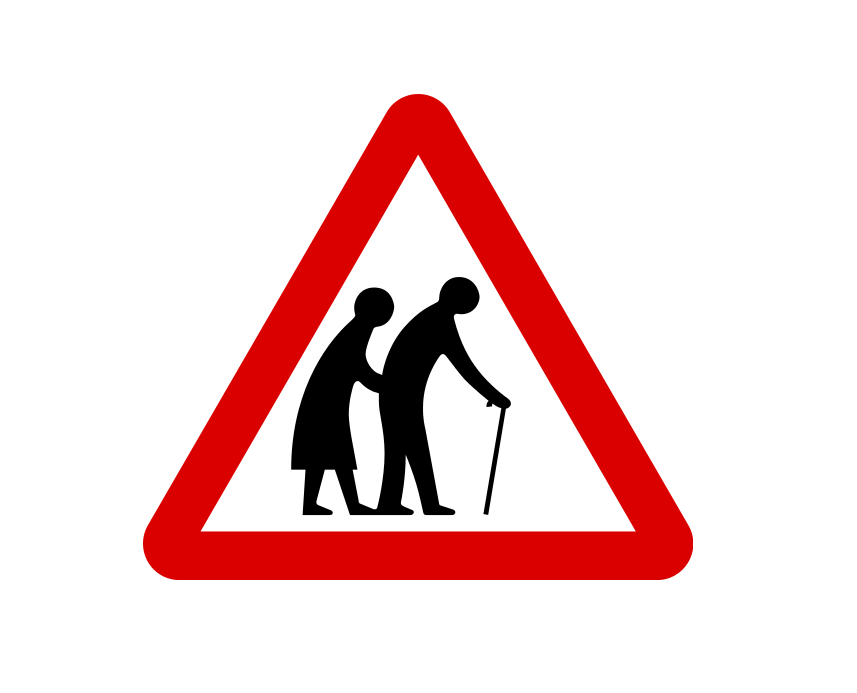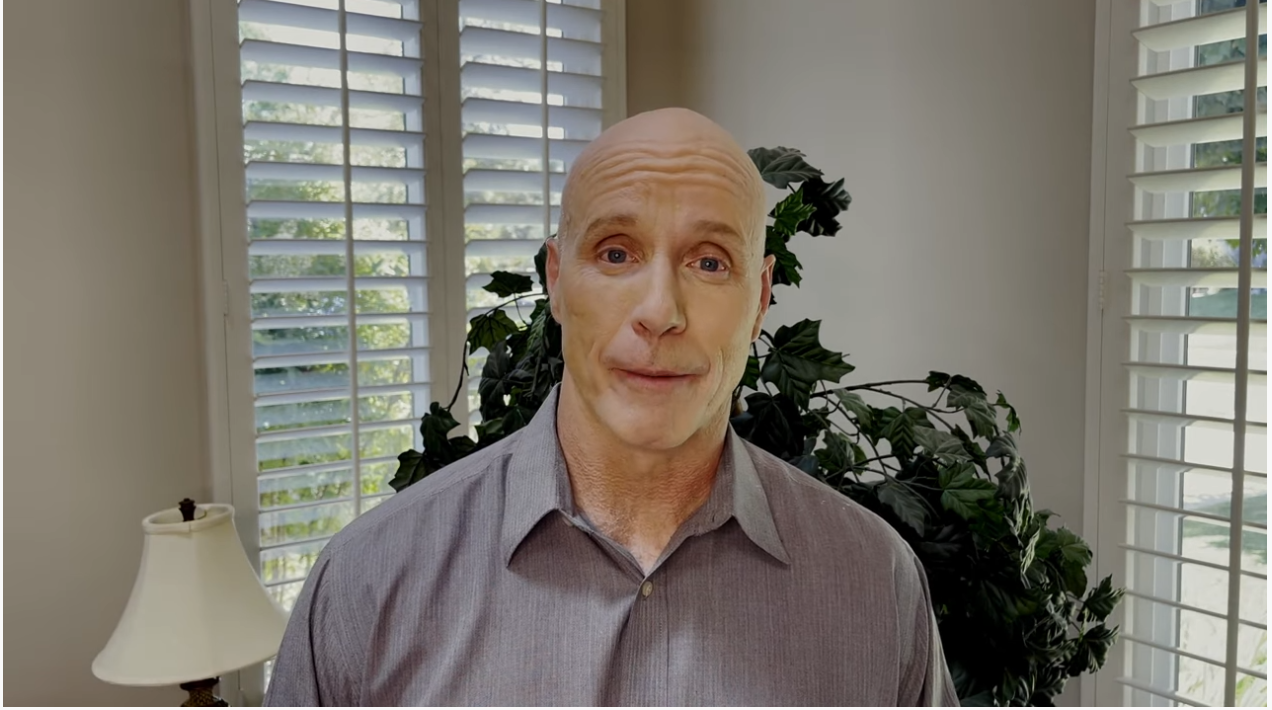
Phase Two: The Empowerment Series
By Tasha A. Harris, Editor-in-Chief
“How important is developing a fan base?” is just one of the questions we answer in the second installment of the newly created “Empowerment Series” dedicated to providing career tips in the effort to encourage up and coming comedians. Please feel free to join the discussion and offer suggestions.
Develop a fan base.
This is the most vital step to sustaining a successful career in stand up because it’s the comic’s lifeline. Long after Hollywood stops calling and your TV show has been canceled, your fans will still flock to see you perform at their local comedy club or theater. They are your life support.
When your schedule allows, interact with your fans. When they compliment you after a show, see it as an opportunity to solicit feedback from them. Talk to them. Leave them with a postcard or a free promo item. Better yet, leave them a pleasant exchange that they will always remember and share with their family and friends. (Nothing beats word-of-mouth marketing, which can exponentially expand your fan base).
Find creative ways to keep in touch with your fans (comment cards, guestbook) so you can keep them posted on your upcoming shows and projects. Keep them abreast of your latest developments. You can plan special promo activities such as an online chat or a pre-release listening party for your CD, or a special screening for your DVD. You can surprise a few lucky fans with swag bags, free tickets or even a phone call.
Keep your fans involved and don’t be afraid to ask for their help in spreading the word about your comedy. Make them a part of your success. One of the best examples of this is Dane Cook, who was catapulted into stardom due to having a huge, devoted fan base support the release of his chart-history making album, Retaliation.
Create multiple streams of revenue.
One of the most disheartening stories I’ve heard from comedians is when a club booker has called a comic at the last minute to inform them that their spots have been canceled. The comic is outraged because he has lost hundreds of dollars for spots that were booked weeks in advance, and has no time to secure spots anywhere else to compensate for the loss. I’ve also seen comics plead with the booker for spots because they need the money or because they’re accustomed to having a certain number of spots every week.
It’s sad to see that comedians have allowed themselves to become dependent on club bookers for their livelihood. The club’s primary concern is meeting their bottom line, not the comic’s. The comic is responsible for his own bottom. Therefore, as artists working in a fickle business such as comedy, you should be creating multiple sources of income. Comics can achieve this in a number of ways: writing for other comics, producing shows, securing work in radio, television, publishing, booking feature/headliner gigs and speaking engagements. Established comics can teach classes, hold seminars or work as creative consultants. If you have other talents, (photography, graphic design, editing, etc,) you can parlay that into a side hustle to generate extra cash. You can also earn passive income selling CDs, DVDs, books and merchandising. Working the local club circuit is an option and should never be confused with earning a regular paycheck.
Avoid comparing your career to other comedians.
This is perhaps one of the quickest routes to becoming a bitter comic, because comics are always looking at their peers (those who are more or less talented) to see how they stack up. Unfortunately, the bitter comic spends more time griping about what other comics are doing, instead of investing that time to revitalize their own career. In the comedy world, it’s any man’s game. A comic’s career can take off at any time. For some it’s less than five years, for others it might be 10 years or longer.
A few comedians will reach superstar status (Seinfeld, Rock, Cook), some will be successful headliners with comedy specials and film, TV and radio credits, some will be successful film/TV writers and producers; others will be successful road comics, and many will be working comics. I’ve interviewed many comedians and all of them have different career paths. Some comics start out the same: a friend dared them, or they entered a contest, but their journeys are different.
Wherever you are in your career, embrace your journey. Embrace the creative process of learning your craft, becoming funnier, finding your voice and building your audience. Be thankful that you have a coveted gift to heal and make people laugh for a living. Everyday that you breathe is an opportunity to be funny, create, grow and take another step towards greatness. Stay encouraged. Persevere. And focus on writing your own chapter in comedy history.




















